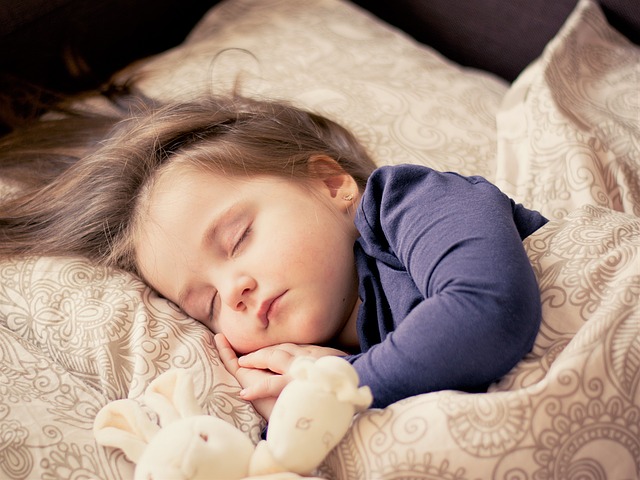Parents should listen up. The American Academy of Pediatrics issued new guidelines last month on the use of electronic gadgets like tablets, laptops and smartphones for kids and teens. A large-scale analysis of data showing how these gadgets affect sleep backs the AAP recommendations.
Researchers went over data from 26,000 children and found strong evidence of a link between the use of electronic devices at bedtime, poor sleep quality and excessive daytime sleepiness, The Washington Post reports.
The results show that today’s media-addicted children, especially teens, are experiencing an increase in sleep disorders. These in turn are contributing to a spate of health problems such as obesity, depression, anxiety, mood swings, hyperactivity, sluggishness, slower reaction times, bigger appetites, and memory loss.
The Centers for Disease Control and Prevention has been lobbying for later school start times for middle and high schools to ensure kids get the required eight-hour minimum sleep time. While the idea has scientific basis, it has been met by logistic, financial and political arguments.
Ben Carter of King’s College London, lead researcher on the study, and his colleagues analyzed past studies of school-age children ages 6 to 19, across North America, Europe, Asia and Australia. They found that children who use electronic devices at bedtime are more than twice as likely to sleep less than nine hours at night. Those who had tablets or phones in their rooms are 50% more likely to suffer from poor sleep quality, and 200% are more likely to be excessively sleepy during daytime.
Charles A. Czeisler of the sleep medicine division at Harvard Medical School and Theresa L. Shanahan, a pediatrician at the same, wrote an accompanying editorial to the study saying,
The use of mobile media devices at bed time provides socially and physiologically stimulating material at a time when the transition to sleep requires the brain to wind down.
Czeisler and Shanahan explain that screen exposure also factors into the problem. The blue light emitted by the screens on tablets and phones, as well as LED lamps, are said to suppress melatonin – the hormone that tells the brain to go to sleep. Also, the sounds of pinging messages or notifications may wake kids up constantly.
They recommend more studies into the matter to identify and understand the exact processes these devices have on children’s brains and bodies.
The report was published in JAMA Pediatrics.
























